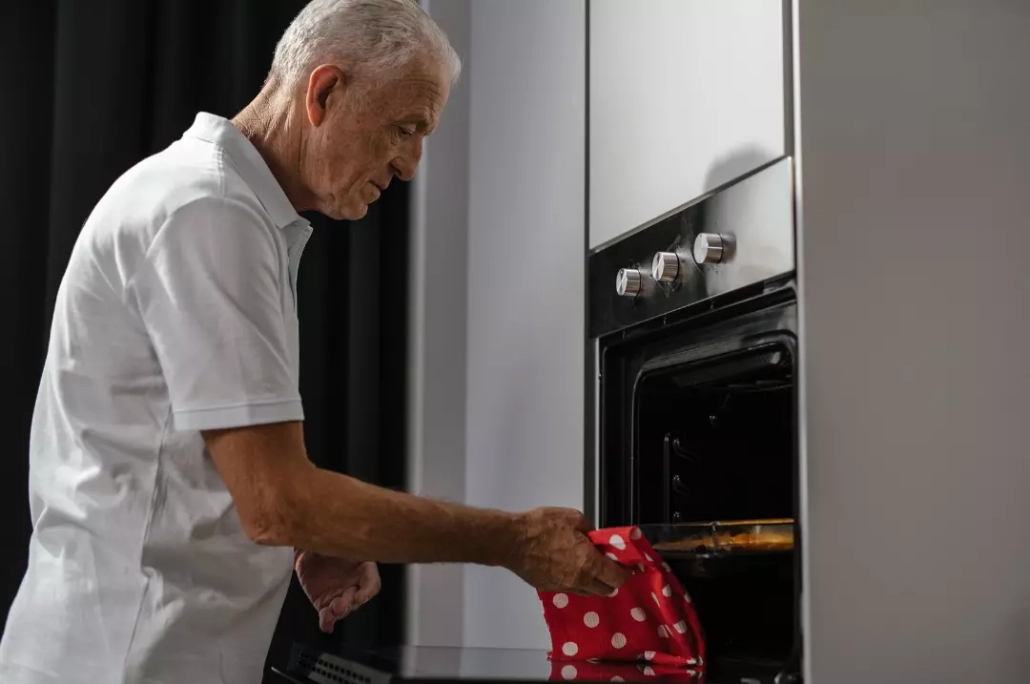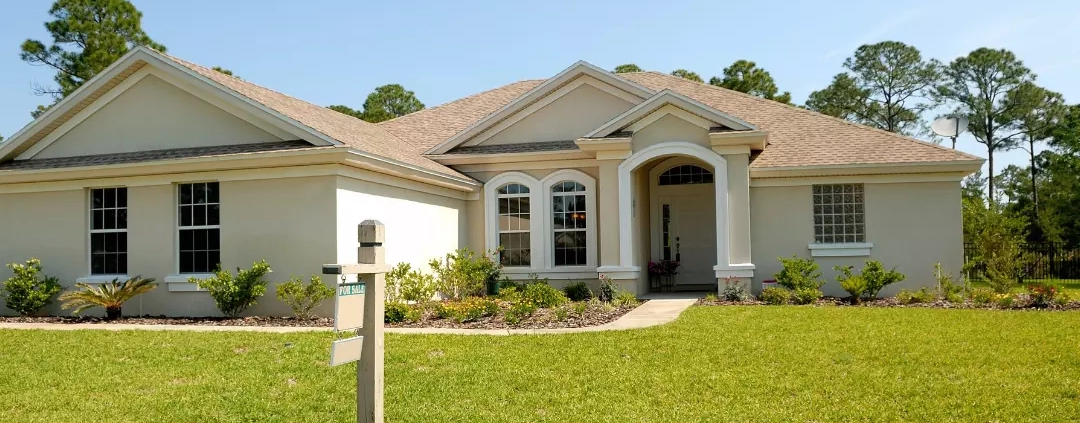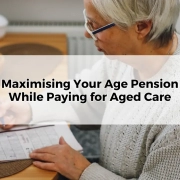Aged care and the family home: Sell, rent, or keep?
Table of Contents
ToggleMaking decisions about aged care can be challenging, especially when a family home is involved. With so much at stake in both financial and emotional terms, it is important to explore all the available options to ensure you get the best outcome for your loved one and your family.
We cover the advantages and disadvantages associated with each option while also offering practical tips on managing taxes/stamp duties etc., based on real-life examples from our clients’ experiences over many years of caring for someone they love.
Financial impacts of selling, renting, or keeping your former home
Moving into aged care is a big decision, and one that comes with many financial implications. One of the biggest decisions you’ll need to make is what to do with your former residence – should you sell, rent, or keep it? Each option has its own pros and cons, and it’s important to understand these in order to make an informed decision.
Selling your home may provide you with a lump sum of money to help cover the costs of aged care, but it also means you’ll no longer have that asset. Renting it out could provide you with a regular source of income, but also comes with the responsibility of being a landlord. Keeping your home may provide you with peace of mind and the ability to pass it onto your family, but it also means ongoing maintenance and upkeep costs.
Whatever option you choose, it’s important to seek advice from a financial advisor who can help you navigate the process and ensure you make the best decision for your individual circumstances.
Factors in deciding to sell, rent, or keep your former home
Making the decision to move into aged care is a big step, and one that comes with a lot of considerations.
One of the biggest decisions you’ll need to make is what to do with your former residence. Selling, renting, and keeping are all viable options, but each comes with its own set of factors to consider.
If you’re looking for financial security and aren’t emotionally attached to your former home, selling could be a great choice. Renting could provide you with a steady income stream, but it also comes with the responsibility of being a landlord. Finally, keeping your former residence is an option if you’re emotionally attached to it or want to leave it to family members.
Whatever option you choose, it’s important to weigh the pros and cons and make the decision that feels right for you.

Tips for selling a family home with aged care in mind
Selling a family home can be a daunting task, especially when aged care is top of mind. It’s important to not just find a buyer, but one who will truly appreciate the value of the property. This is where a well-thought-out sales strategy comes into play.
- Identify your target buyer – are they a family seeking a forever home, or a developer looking to maximise returns?
- Think about what features will appeal to this target market, such as accessibility options or a low-maintenance garden.
- Don’t forget to highlight the location, with proximity to medical facilities and public transport being key.
With careful planning, you can successfully sell your family home with the future in mind.
Benefits of renting out a former residence as an investment property post-aged care
As we age, our requirements of living spaces and care change drastically.
An option that is becoming increasingly popular among senior citizens in Australia is to rent out their former residence as an investment property after moving into aged care. This not only provides a source of income but also ensures that the property remains maintained and in use.
Many people are hesitant to rent out their homes due to the potential damages and hassle, but by hiring a property manager, this becomes an effortless and safe process. Additionally, rental income received can be used to pay for aged care, or even fund other aspects of one’s lifestyle.
Renting out one’s former residence as an investment property post-aged care provides security, stability, and added financial benefits, making it a viable option for many seniors in Australia.

Deciding if it’s best to keep the family home and how to manage the upkeep
The decision to keep the family home when moving into aged care in Australia can be a difficult one.
On one hand, the sentimental value and memories tied to the home can be strong. On the other hand, maintaining and managing the upkeep of the property can become overwhelming and expensive as one ages. It’s important to weigh the pros and cons and consider factors such as location, accessibility, and financial considerations.
If the decision is made to keep the home, it may be necessary to hire a property manager or caretaker to assist with maintenance and upkeep.
Ultimately, it’s essential to make a decision that will provide both comfort and practicality in the later stages of life.
Discussing these options with your family and the aged care facility
When it comes to deciding what to do with a former residence while a loved one is in an aged care facility, there are several options to consider.
Selling the property could provide financial resources to support the cost of care, while renting may provide ongoing income. However, there may also be sentimental value in keeping the property within the family.
It’s important to have open and honest discussions with your family members to determine the best course of action. Additionally, speaking with the aged care facility can provide valuable insight and guidance in making this decision.
Ultimately, finding a solution that works for everyone involved can provide peace of mind during a challenging time.

As you can see, deciding whether to sell, rent, or keep your former residence when moving into aged care is a complex choice. It’s imperative to take several factors that can influence this decision into consideration such as financial circumstances and the state of the market. Also, it might be worth discussing the options available with your family and the aged care facility you decide to live in to ensure that you are making the best decision for your situation.
Before making any rushed decisions, it pays to weigh up all options carefully and ensure you understand all implications that may come with each decision. That being said, no matter which option you choose, there are many benefits and advantages to be gained from understanding all aspects of making such a big life change and feeling secure in your choice.









